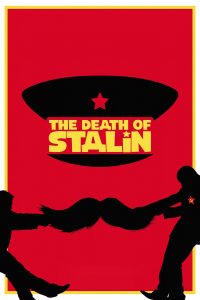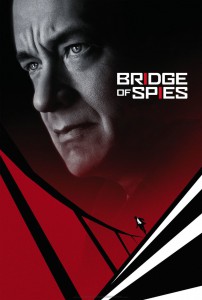Overview
After several years of living with a cult, Martha finally escapes and calls her estranged sister, Lucy, for help. Martha finds herself at the quiet Connecticut home Lucy shares with her new husband, Ted, but the memories of what she experienced in the cult make peace hard to find. As flashbacks continue to torment her, Martha fails to shake a terrible sense of dread, especially in regard to the cult's manipulative leader.
After the death of her mother, Marcy (Elizabeth Olsen) longs for a new family which she finds in a community of people led by Patrick (John Hawkes). As the movie starts, we see Martha run away from what turns out to be a cult and seek refuge with her sister Lucy (Sarah Paulson). The tagline of the movie sets the scene: You can get away, but you can never escape…
The movie plays out along two timelines – the present where Martha is now staying with Lucy and her husband Ted (Hugh Dancy), and a set of flashbacks that detail Martha’s experiences in the cult. This builds very slowly, and the more gets revealed, the more we understand how Martha has turned into the mess she turns out to be. We begin to understand this as viewer, but Lucy and Ted don’t, as Martha doesn’t share any of her experiences in the cult with them – she is not in a position mentally to even begin to understand all rights from wrongs; all she knew in the end was that she had to get out. Not talking about it and not knowing black from white and seemingly having lost an understanding of normal social norms and boundaries puts an increasing stress on the relationship between Lucy and Marcy, and even more so between both women and Ted.
Both Elizabeth Olsen and Sarah Paulson are on good form and very credible in their roles. Martha clearly doesn’t fit in the ‘present’ timeline, but she also doesn’t really seem to ever have truly felt at ease at any point in the ‘flashback’ timeline either. The tension increases in both timelines as the stranglehold Patrick held over his ‘family’ and over Marcy in particular becomes more and more palpable.
The combination of this unease in both timelines seems to build up to something meaningful or insightful, but unfortunately, it doesn’t really. And that is not a stab at the ending – the ending may dissappoint some but in my opinion is very acceptable and befitting. But the movie would have benefited tremendously from having just a bit more of a point or purpose, which could have taken it from very decent to very good.
Worth watching for Elizabeth Olsen’s strong debut.
7/10.









